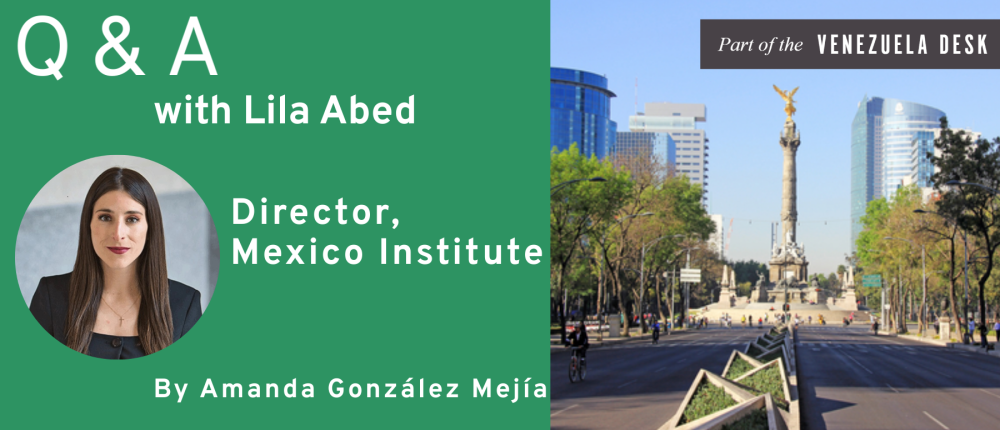
Q. AMLO’s recent comment that he had seen no evidence of electoral fraud in the Venezuelan elections of July 28 was not encouraging; it seems as though he is eager to accept the official results. Yet he joins Brazil and Colombia in urging Nicolás Maduro to publish the vote counts of all constituencies. What explains his attitude towards Venezuela throughout his sexenio and today?
A. After taking office in 2018, AMLO stated, “The best foreign policy is a domestic policy.” Although he invokes the foreign policy principles of non-interference and respect for countries’ sovereignty and independence enshrined in the Mexican Constitution, AMLO has applied these principles in inconsistent and erratic ways. Although many countries, including the United States, have recognized Edmundo González as the winner, AMLO, along with other left-wing leaders in the region, such as Luis Inácio Lula da Silva and Gustavo Petro, have taken a more cautious approach, calling on Venezuela to release detailed election results before officially recognizing the outcome. However, AMLO has stated that he will ultimately accept the decision of the Venezuelan electoral authority. His position is not surprising. Mexico’s president has interfered in other countries’ internal affairs when it serves his interests, but adheres to a strict interpretation of non-interference when it benefits him politically, as in the case of the recent Venezuelan election.
Q: US-Mexico relations are always complex, and the July 25 arrest of El Chapo’s son and a senior Sinaloa cartel leader in Texas has complicated relations even more. How much is the US pushing Mexico to support political change in Venezuela? Does Washington’s view of the crisis matter to AMLO?
A. Although the United States has recognized Venezuela’s opposition presidential candidate as the winner, it does not appear that the Biden administration will push Mexico to do the same. There are several issues on the U.S.-Mexico bilateral agenda, such as curbing migration and the flow of fentanyl and synthetic opioids into the U.S., that require Mexico’s cooperation, especially ahead of the U.S. elections in November. The White House may not want to jeopardize cooperation by pressuring Mexico on Venezuela. In addition, Mexico has at times served as a mediator between the U.S. and countries with which the U.S. does not have friendly relations, so Mexico’s moderate stance on the Venezuelan election could serve U.S. interests.
Q. AMLO has complained that the international community ignored his allegations of fraud after his defeat in the 2006 Mexican presidential election. Does this experience make him more willing to sympathize with the Venezuelan opposition?
A. AMLO narrowly lost his first presidential bid in the 2006 Mexican election to Felipe Calderon by less than one percentage point. He claimed the results were fraudulent and demanded a full recount. He led marches and demonstrations in Mexico City and refused to concede defeat. After his second attempt to win the presidency in 2012, he again called for a recount. Since then, AMLO has apparently harbored a personal grudge against Mexican electoral authorities. Nevertheless, he is sympathetic to politicians, especially leftists, who face doubts about the quality of elections in their countries.
Q. On July 31, Mexico refused to participate in an OAS debate on electoral fraud in Venezuela, and a resolution on the crisis was defeated by one vote. “Why go to such a meeting?” AMLO asked. What is his problem with the OAS?
A. AMLO has long viewed the OAS as an extension of US foreign policy interests in the Western Hemisphere. He has repeatedly stated that the OAS is neither democratic nor autonomous and only serves the interests of a few member states. AMLO condemned the OAS’s accusation that the Venezuelan government manipulated the election results. In general, he is cautious about the US and multilateral organizations, which he believes often interfere in the internal affairs of countries. AMLO also criticized the Biden administration for interfering in the Venezuelan elections and called on countries in the region to stop being obsessed with the approval of foreign powers.

